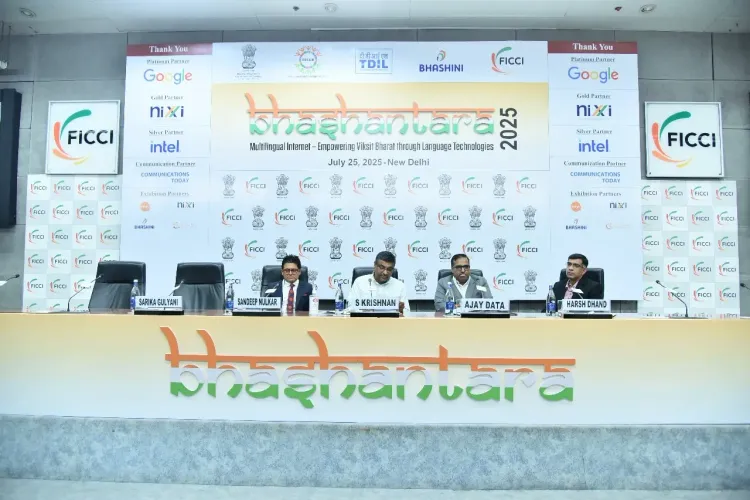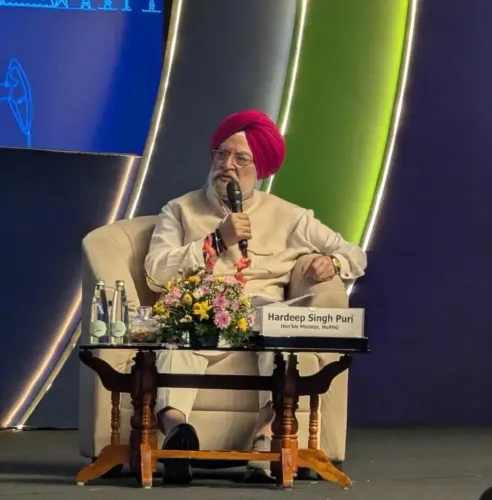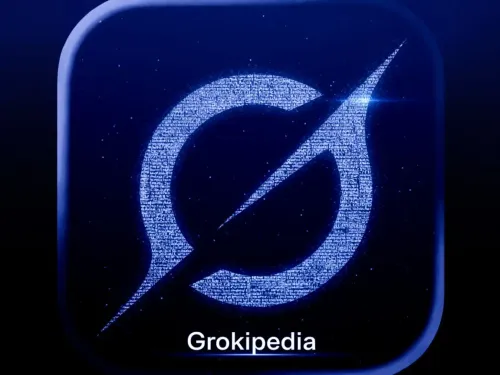Is India Ready to Share AI Models with the Global South?

Synopsis
Key Takeaways
- India is ready to share AI models with the Global South.
- Rich linguistic diversity enhances AI's multilingual capabilities.
- Mission Bhashini and ‘Anuvadini’ are pivotal in AI development.
- AI Kosh offers extensive datasets for researchers.
- Multi-stakeholder collaboration is essential for innovation.
New Delhi, July 25 (NationPress) India is eager to extend its artificial intelligence (AI) models to the Global South, as stated by IT Secretary S. Krishnan on Friday.
Krishnan highlighted that India's rich linguistic variety positions it uniquely to spearhead the development of natural language processing (NLP) and multilingual AI tools tailored for the Global South.
“If it can be accomplished in India, it can be replicated virtually anywhere else globally,” the IT Secretary remarked during the Federation of Indian Chambers of Commerce and Industry's (FICCI) conference titled ‘Bhashantara 2025’.
Prior to this, UN representatives had shown considerable interest in India's collaborative strategy for AI development, culminating in the official declaration regarding the nation’s commitment to share AI models with the Global South.
This initiative establishes India as a viable alternative to existing AI ecosystems that provide specialized solutions for multilingual and resource-constrained settings.
India has demonstrated its prowess in this domain through initiatives like Mission Bhashini and the ‘Anuvadini’ application, which have significantly advanced human language technology (HLT), focusing on the preservation of regional dialects.
The IndiaAI Mission, a governmental initiative, has developed ‘AI Kosh’, a comprehensive data repository that houses over 400 datasets, aimed at supporting researchers and entrepreneurs in crafting multilingual AI solutions.
Furthermore, India is digitizing traditional knowledge, encompassing Ayurvedic texts and historical manuscripts, to generate extensive datasets beneficial for global healthcare and research communities. Unlike other nations that depend primarily on government or private funding, India's model promotes multi-stakeholder collaboration across academia, industry, and research institutions.
During the conference, industry leaders pledged to enhance private sector involvement in advancing India’s AI aspirations.
Harsh Dhand, who leads Research and AI Partnerships for APAC at Google and is Co-Chair of FICCI's Multilingual Internet Committee, urged the government to release historical data from public broadcasters and connect research entities to mitigate overlap in efforts.
He emphasized the need for the industry to contribute by facilitating access to technology, providing seed funding for startups and academia, and focusing on skill development.









